Developed country experts on international affairs and the global economy have consistently underestimated the speed with which China’s economy and power would rise relative to Germany, Japan and the USA. They are now similarly underestimating the speed at which India’s economy will close the economic size and power gaps. This book shows, why and how a tri-polar global power structure will emerge from the current confused system variously described as ‘multipolar’, ‘apolar’, ‘pluripolar’, ‘West and the rest’ and ‘unipolar with an oligopolistic fringe’. The Book goes on to draw out the implications and consequences of this evolving global power structure and makes suggestions on the policy options that need to be explored and pursued to increase the possibility of a peaceful transformation.
From Unipolar to Tripolar World: Multipolar Transition Paradox
$81.00
$90.00
In stock
Free & Quick Delivery Worldwide
All orders amounting to US$ 50 or more qualify for Free Delivery Worldwide. For orders less than US$ 50, we offer Standard Delivery at $14 per book.
ABOUT THE AUTHOR Arvind Virmani
Arvind Virmani, b. June 22, 1949, is Ph.D. in Economics from Harvard University, USA (1975). His thesis supervisor was Nobel Laureate Prof. Kenneth Arrow. Dr. Virmani is currently Principal Advisor, Planning Commission, Government of India. he also serves as Chairman, Board of Trustees of SBI Mutual Fund, Member of the Board of Life Insurance Corporation of India and Member, Telecom Regulatory Authority of India (TRAI). He is a Member of the Task Force on "Global Strategic Developments: implications and Suggested Response" set up by National Security Council Secretariat. He is a Member of the Technical Advisory Committee (TAC) on Money, Foreign Exchange and Government Securities Markets, Reserve Bank of India, February 2004. he was Director and Chief Executive, Indian Council for Research on International Economic Relations (ICRIER), New Delhi. He has served as Senior Economic Advisor in the Department of Economic Affairs, Ministry of Finance. He was advisor (Policy Planning) to Finance Minister in 1991-92 and 1992-93. Before joining the government he was Senior Economist at the World Bank and was acting chief of the Public Economics Division for a part of this tenure. He chaired the Working Group on Public Debt Management (middle office) and Inter-Ministerial Group on Customs Duty Reform and was Member-Secretary of the Steering Group on Foreign Investment. He was a Member of the Joint Study Group on India-China trade and economic cooperation. he served as Member of the Appellate Tribunal for the Securities and Exchange Board of India (SEBI) and the Depositories Act He has served as Director, Punjab National Bank and Allahabad Bank, and Trustee, Unit Trust of India. Dr. Virmani was Member of the RBI Technical Advisory Group on Money and Government Security Markets, the Steering Group on International Financial Standards and Codes and the UTI committee on reform and stabilisation of the US-64 scheme. He has researched on Macroeconomics and Growth, International Trade and Tariffs and Credit Markets. He has advised and written extensively on all aspects of economic reforms including the book, Acclerating Growth and Poverty Reduction: A Policy Framework for India's Development (Academic Foundation, 2004).
reviews
0 in total
Review by Anonymous
Be the first to review “From Unipolar to Tripolar World: Multipolar Transition Paradox” Cancel reply
You must be logged in to post a review.
Bibliographic information
Title
From Unipolar to Tripolar World: Multipolar Transition Paradox
Author
Edition
1st ed.
Publisher
Academic Foundation, 2010
ISBN
8171887996
Length
352p., 24cm.
Subjects
more by Arvind Virmani see more
Propelling India from Socialist Stagnation to Global Power (Volume 2: Policy Reforms)
Together, the two volumes ...
$45.00
$50.00
Propelling India from Socialist Stagnation to Global Power (Volume 1: Growth Process)
Together, the two volumes ...
$39.60
$44.00
similar bookssee more
Indian Identity Narratives and the Politics of Security
This book examines the role ...
$45.00
$50.00

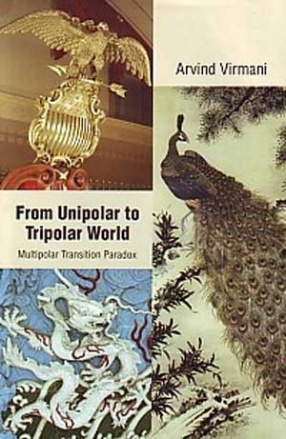
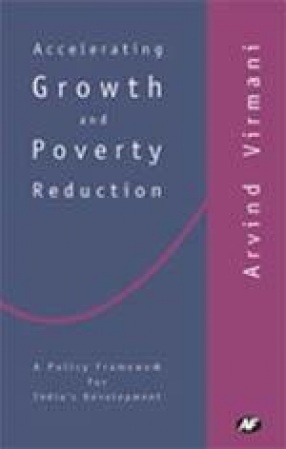
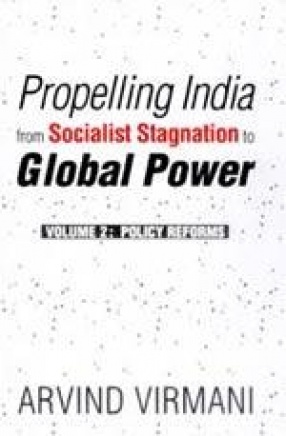
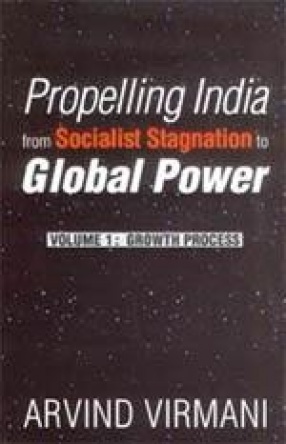
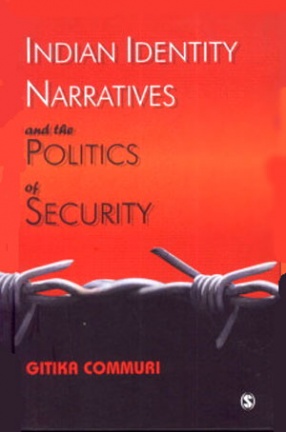
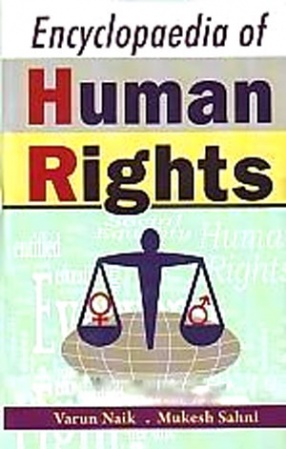
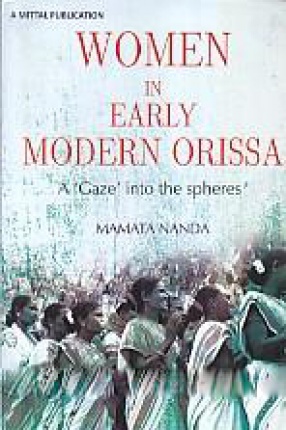
There are no reviews yet.